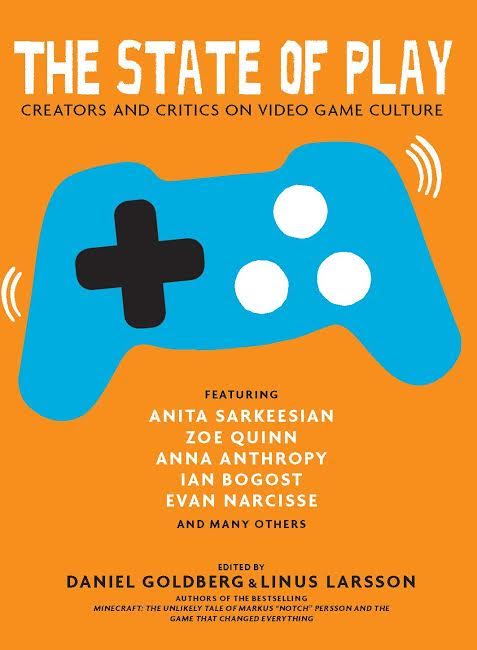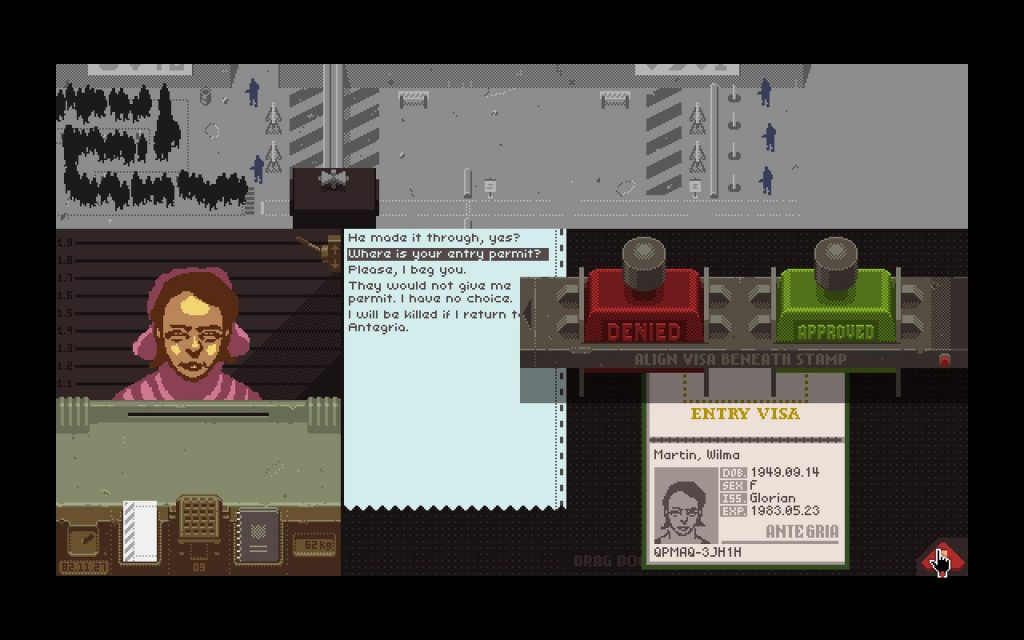Post-escapism, according to Daniel Goldberg and Linus Larsson in The State of Play, is a “discourse that looks for meaning beyond entertainment and the joy of play… post-escapism understands games by placing them in social, political and cultural context. It finds value in what game says about the world around it.” Yes, it’s a place where some gamers don’t want video games to end up. Others don’t quite know how to get here or don’t see how the context of a video game affects their experience or identity as a gamer. Overall, video games ceased being just a form of escape a long time ago.

Do Video Games Say About the World?
We’ve started to answer that question with discussions around LGBTQIA+ inclusivity, the portrayal of people of color and ableism in gaming, but we’ve also barely scratched the surface. Not only are there many more social, political and cultural contexts (and their intersections) that remain unexplored in relation to video games, but there’s more than one way to place video games and individual titles in various contexts. Using video games as an escape is still a choice to be made by the player, but some players have more opportunity to escape than others.
Everyone is an expert of their own experiences. No one person, or one website, will have all the answers, let alone all of the right answers of all experiences. The goal isn’t to have all the answers, or to tell other people they’re wrong, or to make players and developers feel ashamed, guilty or responsible for presenting or enjoying certain contexts. Ultimately, the goal is to make conversations around video games and post-escapism more approachable. The onus to do the work and provide the analysis necessary to push games forward as a medium doesn’t just belong to those of specific identities or who have endured certain experiences. As the saying goes, it’s not the responsibility of the oppressed to educate the oppressor. The onus is mutual.

We’re All Still Learning About What Post-Escapism Means
This is a journey that’s going to be confusing, and even painful, as video games mature in its role in pop culture and build its history as a form of creative expression. It’s okay if you haven’t heard of every vogue -ism or -ality. It’s okay if you’ve made mistakes. It’s okay if you’ve never participated in these types of conversations. It’s okay if you’ve never approached these topics before because you’re afraid of sounding insensitive.
Most of all, it’s okay to admit you don’t know. As I’ve said, no one person will ever know it all. Post-escapism is pretty darn new itself.
But that doesn’t mean you don’t try. Hardly anyone knew what was in “Legend of Zelda: Breath of the Wild,” but that didn’t stop people from trying the game. As people try the game, they build up the canon and discover new tips and tricks. And as time goes on, speedrunning and glitch hunting add new perspectives to how the game is played. A fuller and more comprehensive concept of what the game is about emerges.
Think of post-escapism like BotW, except applying to video games as a whole. When the game is new, everyone is learning. In five years, there will still people who’ve never played the game. There will also be experts, specialists and casual gamers. This evolutionary process isn’t bad. Speedrunning, glitch hunting or video game analysis don’t invalidate experiences. They simply mean there are undiscovered frontiers.
Everyone starts somewhere. The key, however, is to start.
Latest posts by Allison Midori Reilly (see all)
- Maternity Leave and Democracy 3 - March 16, 2017
- Post-Escapism and Video Games - March 3, 2017
